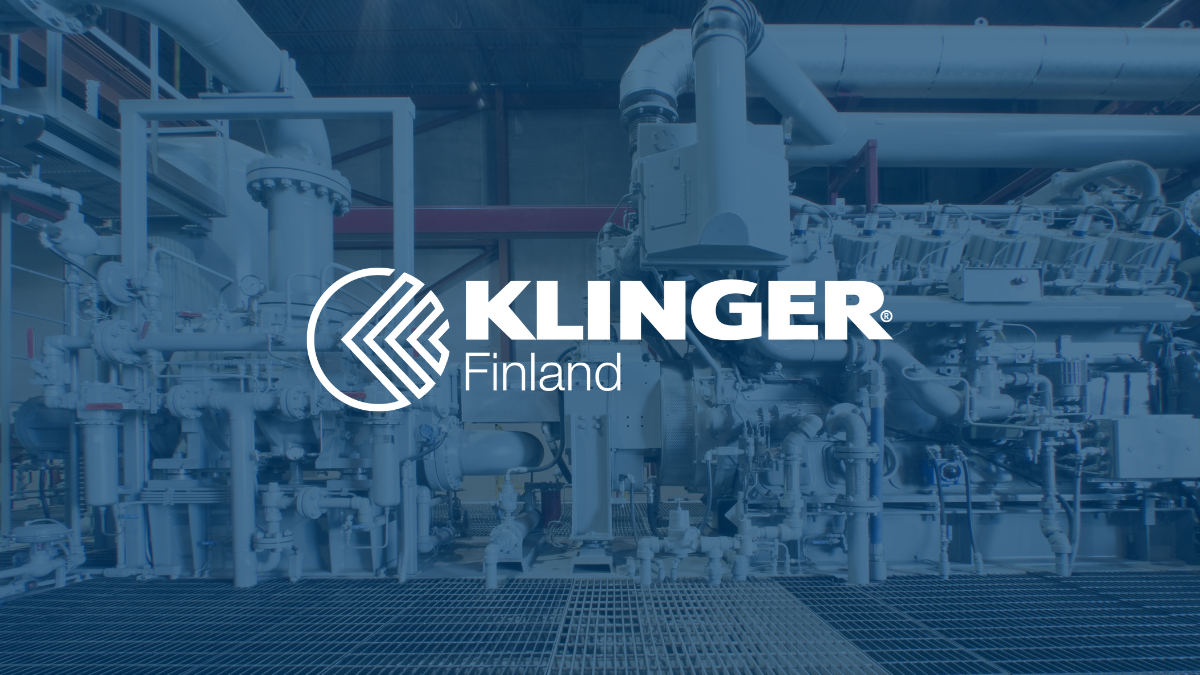A strainer is a filtering device used in industrial piping systems that removes unwanted particles from liquids to protect valuable pipeline components. Its primary purpose is to prevent solid particles from entering pumps, valves, gauges, and other sensitive equipment that can be damaged as a result of contamination. The strainer operates on the principle of mechanical filtration using a replaceable screen that collects particles before the liquid continues its journey through the pipeline.
The importance of strainers in industrial piping systems
A strainer is a critical component in industrial liquid processing, as it serves as the first line of defense in protecting piping equipment. In process industries, liquids often contain harmful particles that can cause significant damage to expensive equipment.
Strainers are essential across various industrial sectors. In oil and petrochemical industries, they protect sensitive measuring instruments, while in water and wastewater treatment, they prevent pump blockages. In the pharmaceutical industry, clean liquid filtration is absolutely essential for process quality.
Without effective particle removal, industrial facilities would face continuous operational interruptions, expensive repairs, and reduced process efficiency.
What is a strainer and how does it work?
A strainer is a simple yet effective filtering device consisting of a body, cover, and replaceable screen. The device is installed directly in the pipeline, and liquid flows through it before reaching critical components.
The operating principle is based on mechanical filtration. When liquid flows through the strainer, the cleanable screen collects solid particles while clean liquid continues on its path. The screen mesh size determines what size particles are removed.
The strainer’s design enables easy maintenance. The screen can be removed for cleaning or replacement without emptying the pipeline, which minimizes downtime and maintenance costs.
What equipment does a strainer protect and why?
A strainer protects several critical pipeline components whose flawless operation is essential for industrial processes. Pump protection is particularly important, as particles can wear impellers and seals.
Protected equipment includes:
- Centrifugal pumps and other pump types
- Flow meters and pressure gauges
- Industrial valves and control valves
- Heat exchangers and condensers
- Automation system sensors
Protecting this equipment is critical because particle-induced damage can lead to expensive repairs, production interruptions, and safety risks. Valve protection is especially important, as particles can prevent their tight closure.
What types of strainers are available for different applications?
Strainers are available for various applications according to connection method, size, and material. Liquid filtration requires different solutions depending on process conditions and the medium being filtered.
| Type | Application | Special Features |
|---|---|---|
| Y-strainer | General use | Compact design |
| Basket strainer | Large flow rates | Large filtration surface area |
| Duplex strainer | Continuous operation | Maintenance during operation |
Screen mesh size varies according to application. Coarse filtration uses 1-5 mm mesh size, while finer filtration requires 0.1-1 mm mesh size. Material selection depends on the medium being processed and process conditions.
How is strainer maintenance and cleaning performed?
Regular strainer maintenance is essential to ensure effective filtration. Pipeline protection requires that the screen be kept clean and in working condition.
The maintenance process includes the following steps:
- Shutting off flow and relieving pressure
- Removing the strainer cover
- Carefully removing the screen
- Cleaning the screen with compressed air or water
- Inspecting the screen for damage
- Reassembly in reverse order
Maintenance intervals depend on process conditions and the amount of contamination. Regular maintenance significantly extends the service life of both the strainer and the protected equipment.
Industrial liquid processing professionals need reliable partners for acquiring strainers and other piping equipment. Contact our experts, and we’ll help you find the right solution for your specific application.
